After being classified as the second-most polluted country in the World Air Quality Report 2019, the Ministry of Climate Change, during the Imran Khan regime, formulated the Pakistan Clean Air Program 2020 to tackle environmental damage. The new clean air program furnished a list of interventions for improving air quality concerning vehicles, industries, solid waste burning, and dust.
As per the report, four industrial cities of Pakistan, Karachi, Lahore, Peshawar, and Faisalabad, were listed among the world’s most polluted cities due to incoherent transportation, usage of fossil fuels in factories and power plants, and inappropriate burning of solid waste. However, the PTI government took various measures to repair the deterioration. Some of them were the introduction of the electric vehicle policy, the import of environmental-friendly Euro-V, and the closure of industrial units in 12 of the most polluted districts of Punjab for two months. Moreover, most brick kilns across the country were shifted to environmentally-friendly Zig-Zag technology.
According to the World Health Organization’s (WHO) air quality guidelines, the average annual contraction of PM2.5 concentrations was required to go down by 25 points, from 35 µg/m3 to around 10 µg/m3, to lower casualties associated with air pollution by about 15 per cent. However, the stats indicated that the PM2.5 concentrations in Pakistan pushed up almost 100 per cent beyond this threshold to 65 µg/m3 – the second highest in the world.
What is PM2.5?
Fine particulate matter or PM2.5 is an air pollutant. It becomes trouble for people’s health when its concentration level in the air is higher than the 24-hour standard of 35 micrograms per cubic meter (µg/m3).
According to WHO statistics, poor air quality insistence around 113,500 lives in Pakistan every year, some 9 per cent of overall deaths recorded annually. This also confirmed quite costly for the poor country, imposing deteriorations worth $12.51 billion every year. According to a publicised report titled “Just add water: a landscape analysis of climate finance for water,” only 1% of the billions committed globally to tackle climate change was directed towards rescuing and supplying water for vulnerable communities.
The Overseas Development Institute (ODI), a London-based think tank, assembled Water-Aid, a London-based organization performing to guarantee the provision of clean water across the world, authorised this report. Moreover, of the entire climate-related funds assigned for water programs, just 10% is mandated towards water supply, toilets, and hygiene programs across the world. Just-add-water called on contributors and national administrations worldwide to re-prioritize their climate investment. More than two billion people, nearly one-third of the world’s population, do not have access to a safe and reliable water supply. The report stated that these individuals will find it inconceivable to be resilient against intense droughts, shortages, floods, and other extreme climate events in the future unless contributor organizations and governments reanalyse their investment priorities
Jonathan Farr, Senior Policy Analyst for Climate Change at Water-Aid, said: “The climate crisis is recreating before our eyes already, from devastating flooding in Pakistan to droughts in Zambia. This report shows us that the world is not responding to the climate crisis by prioritizing the most vulnerable. Instead, the poorest communities, those on the front lines of climate change, who are already feeling the impacts, are being left to pick up the bill themselves”. Terming the report a ‘wake-up call,’ Farr called on global donors and countries to terminate this unjustness with critical and consequential action on a global scale and provide helpless communities mechanisms to facilitate them to combat the challenges climate change accompanies.
Then prime minister Imran Khan urged the world to tackle climate change on Pakistan Strategy Day on 25 November 2020. Expressing at the World Economic Forum, Imran Khan demonstrated urgency to tackle the threat of climate change. According to the World Economic Forum, Pakistan is the fifth most climate-impacted country in the world. Climate change is a long-standing barrier faced by the existing generation. Climate change has damaging economic, social, and political consequences. Floods, severe droughts, periodic heat waves and wildfires, and severe cyclonic catastrophes have come and left behind a flurry of troubles to deal with.
Pakistan is the 5th Most Climate Impacted Country
A damaging shift in the world’s overall climate poses a threat to global progress. Most developing countries are greatly affected by the damaging consequences of climate change. Pakistan is a case in point, given its topological placement in the centre of melting glaciers, shifting monsoons, and other catastrophic activities initiated by climate change.
The Germanwatch Global Risk Index for 2020 placed Pakistan in 5th position in the classification “Most Climate-Impacted Country” in the world. There is a systematic necessity to boost understanding of climate shifting, said Imran Khan, while also acclimating to the inevitable effects of climate change.
For developing countries, it is crucial to develop an absolute action scheme based on the established CBDR-RC principles as agreed under the United Nations Framework Convention on Climate Change (UNFCCC) and the Paris Accord. Developing countries require improved climate finance, modernised tech support, and capacity-building assistance. Although there exists a $100 billion assurance for climate financing appointed to UN, recognized developing countries, nothing conclusive has been done to even remotely fulfil it. The PTI government showed a commitment to addressing the subject of climate change by making a shift towards a “clean and green” Pakistan. With a well-measured climate change agenda centred around flagship initiatives, Pakistan successfully improved its provincial forest cover by over 6 per cent. This well-documented initiative was conducted in the KPK province, where a billion trees were planted between 2014-2018.
The Ten Billion Tree Tsunami Project
Pakistan will look to restore and enhance over 2 million acres of forest across the country with the Ten Billion Trees Plantation Project. This gainful nature-based resolution would potentially produce numerous dividends and bounties by generating jobs, declining carbon, and fostering an adaptive ecosystem.
According to WEF, Pakistan’s “Protected Areas Initiative” enhanced nationwide coverage of protected areas by 12-15 per cent. National Parks grew from 30 to 45 in just one year, despite backlash from an unexpected COVID-19 outbreak. Environment-related employment has remarkably raised, and opportunities for eco-tourism and climate change adaptation have been readily made available at the same time.
The Renewable Energy Puzzle
Pakistan expressed a commitment to realize its domestic renewable energy potential in hydro, solar, and wind. All cited areas stay untapped, and their integration would potentially redirect the country’s energy mix to 60 per cent clean energy by 2030.
The Electric Vehicle Policy (2020) was also an essential measure towards the country’s clean energy shift, aiming for 30 per cent of Pakistan’s vehicular traffic to shift to electric by 2030. Additionally, the World’s First Zero-Emissions metro line project was given the go-ahead for launch in Karachi. This project was designed to turn cattle dung into methane, which will act as fuel for the buses. Not long ago, Pakistan diverted its transportation fuel quality from Euro-2 to Euro-V.
Climate Adaptation and Progress
Despite the multiple efforts in place to create a sound ecosystem, Pakistan still has a vulnerable profile. Despite the occasional but significant initiatives, Pakistan’s climate transformation project demands financial support, roughly $14 billion, to speed up the process.
The COVID-19 pandemic rendered unprecedented human misery and triggered the most destructive recession since the 1930s. Developing countries have taken the most significant hit, and their contracting economies pose a threat to raising climate awareness. Even in these hard times, Pakistan engraved a silver lining through “Green Stimulus”, and aspired to nature conservation and the creation of green jobs. During the lockdowns, the PTI government generated more than 80,000 green jobs. The jobs incorporated planting trees, guarding nature, and improving sanitation. This initiative was planned to be scaled up to 200,000 by December 2020. The Green Stimulus initiative enabled Pakistan to create momentum for the following ten years.
Pakistan also actively pursued innovative global financing for the climate agenda through “Debt for Nature” trade-offs or “Nature Bonds”, based on reasonable activities summarised above, and the renegotiation of Pakistan’s debt with countries who favour a green resurgence of the global economy.
Climate change is the most terrifying matter today. There is no key other than enhanced, collaborative, and coordinated global climate action. We need to be trained and committed to playing our role in promoting global efforts to combat climate change.
The US Special Presidential Envoy for Climate, John Kerry, called on then Prime Minister Imran Khan in Riyadh in October 2021 on the sidelines of the “Middle East Green Initiative (MGI)” Summit. Highlighting the priority attached by the PTI government of Pakistan to climate change, then Prime Minister Imran Khan stressed the demand to strengthen national as well as global emphasis against this existential threat. Imran Khan shared his stance with the special envoy on challenges faced by Pakistan and other developing countries due to climate change while emphasising Pakistan’s incident of launching nature-based solutions to combat the environmental challenges, including the 10 Billion Tree Tsunami project.
Reviewing the ongoing cooperation between Pakistan and the United States on climate change and the environment, Imran Khan expressed satisfaction with the held inaugural meeting of the “US-Pakistan Climate and Environment Working Group”, which investigated potential areas of bilateral Pak-US cooperation on climate action. Special Envoy Kerry agreed that Pakistan and the US intercommunicated a long-standing association, which should be further reinforced in areas of mutual convergence, including climate and environment. He admitted diverse initiatives embarked upon by Pakistan to fight climate change.
Emphasizing the priority attached by the U.S. Administration towards the problem of climate change, Special Envoy Kerry reported to the then Prime Minister on different efforts embarked on by the Biden government for creating a broad global consensus on climate shifting in the run-up to the UNFCCC Conference of Parties (COP-26).

The then-prime minister stressed that Pakistan and the United States should resume sharing views, expertise and technology to optimize mutually advantageous prospects in the war against climate change. John Kerry admitted the huge potential of collaboration in these areas and voiced the urge to further explore opportunities for bilateral collaboration including in power generation projects from renewable sources. The two sides consented to perform in close coordination to define the further stages in building an effective framework of collaboration in this regard.
Then Prime Minister Imran Khan said, “Pakistan is taking serious steps to tackle environmental issues”. Addressing the Middle East Green Initiative Summit in Saudi Arabia in October 2021, he said, “One-billion mangrove trees will be planted in Pakistan to cope with the growing environmental challenges. An initiative has been planned to boost mangrove plantation under the Ten Billion Tree Tsunami Programme in the country”. He added, “The world should take it seriously as it is now affecting coastal communities rapidly. Tackling existing challenges that affect man-made infrastructure and coastal ecosystems already become a serious concern.”
All these initiatives portray Pakistan’s dedication to modifying into an eco-friendly, sustainable, and climate-compatible environment during the Imran Khan regime.
*The most recent update to the article occurred on November 10, 2022.

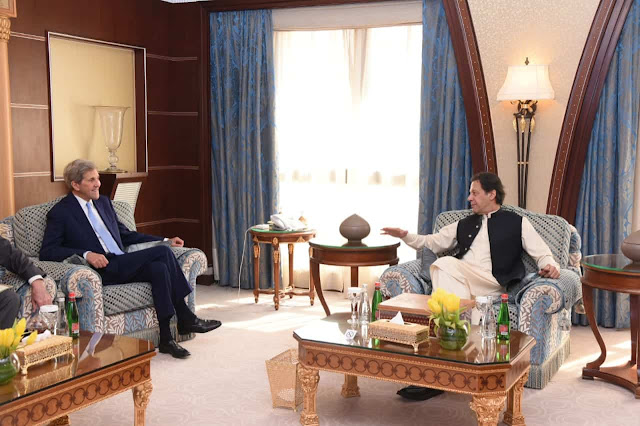

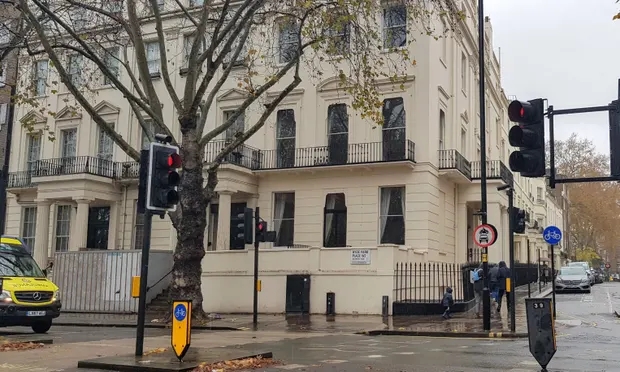


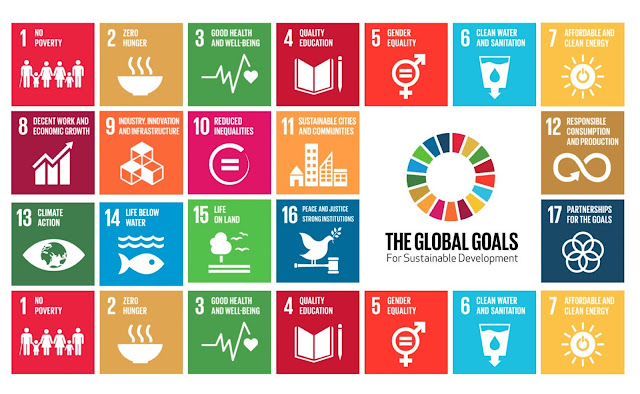
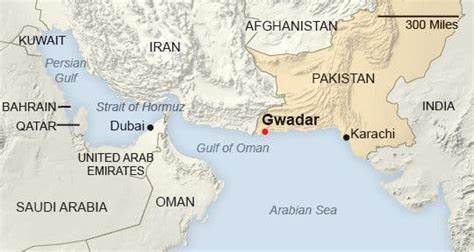
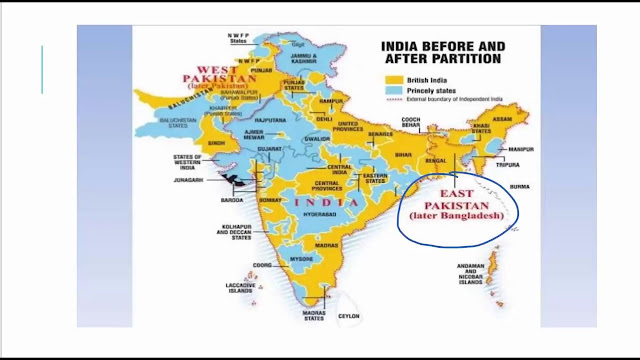

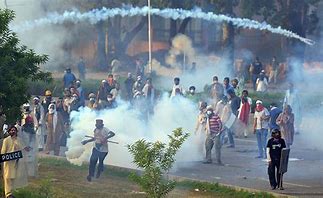
😍🤩😍🤩😍